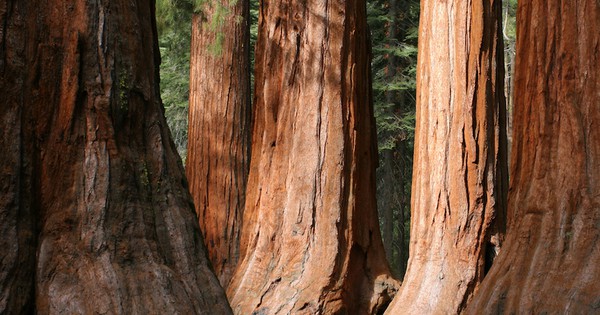
Scientists have an imprecise understanding of the obscure phenomenon of mass whale strandings, when large numbers of the marine mammals suddenly beach themselves — often their final acts.

The first comprehensive fine-scale map of the world's remaining marine and terrestrial wild places shows that just 23 percent of the world's landmass can now be considered wilderness, with the rest lost.

Climate change is massively affecting the tiny creatures in Luquillo rainforest on the island of Puerto Rico in the Caribbean region. 98 per cent fewer insects are found there since the 1970s.

Made famous by "The Beach," a film starring Leonardo DiCaprio, Maya Bay has been off-limits since June 1 as part of what was expected to be a four-month rejuvenation. But the marine ecosystem requires more time to recover.

Without dramatic reductions in greenhouse-gas emissions, most of the planet's land-based ecosystems - from its forests to the deserts and tundra - are at high risk of 'major transformation' due to climate change.

Using high-resolution satellite images, researchers have detected a massive 88 percent reduction in the size of the penguin colony, located on Ile aux Cochons, in the Iles Crozet archipelago.

The first systematic analysis of marine wilderness around the world shows that only a small fraction - about 13 % - of the world's ocean can still be classified as wilderness.

New data shows that over 15.8 million hectares (39 million acres) – an area the size of Bangladesh – of tree cover was lost in the tropics during 2017.

Yosemite National Park's largest sequoia grove in the USA reopened to the public last Friday after crews completed a $40 million restoration project to protect the nearly 500 ancient trees.

The deaths of the majority of the oldest and largest African baobabs over the past 12 years is an event of an unprecedented magnitude.

An international study led by the University of Queensland has found that human behavior is dramatically affecting a region of 2.3 million square miles - around twice the size of Alaska.

Australia’s government has pledged hundreds of millions of dollars toward protecting the Great Barrier Reef, in what’s being called the largest single investment in the embattled ecosystem ever.

Local residents, infrastructure, and oil and gas pipelines could be at risk from the ground heaving and sinking in West Texas, US, after years of fossil fuel production, according to a new study.

Loggers are illegally felling rare and valuable trees to sell in China and Europe, making Cambodia's deforestation rate among the world's worst.

Chilean President announced on Tuesday the creation of three new marine sanctuaries encompassing more than 450,000 square miles.